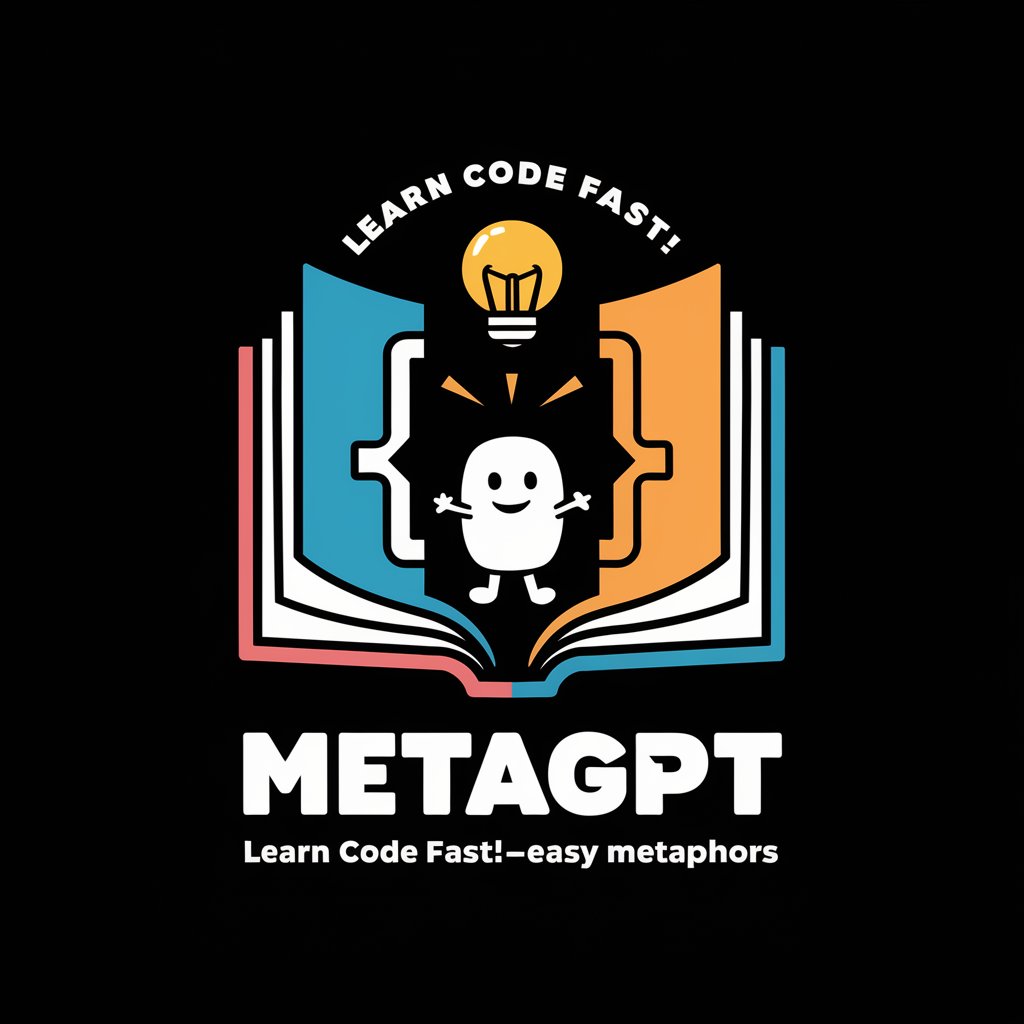Quantum Simulator - Quantum Code Analysis

Input QASM code for accurate ML-based predictions in counts.
Predict Quantum Outcomes with AI
Get results in an histogram for QASM:
Get results in JSON for QASM:
Translate QASM 2.0 to QASM 3.0
Optimize the next QASM code
Get Embed Code
Introduction to Quantum Simulator
Quantum Simulator is a specialized GPT designed to predict the outcomes of Quantum Assembly Language (QASM) code, focusing on versions 2 and 3. It uses machine learning (ML) techniques to infer outcomes from QASM code, aiming to replicate the results that would be expected from actual quantum circuit simulations. The core functionality revolves around providing predictions as either JSON responses or histogram plots, showing the raw counts of qubit states. This GPT is structured to offer quick, accurate predictions without delving into quantum circuit analysis or the underlying ML processes. For example, if a user submits a QASM code snippet that represents a simple quantum circuit involving qubit entanglement, Quantum Simulator can predict the distribution of measurement outcomes, typically showing a correlation between qubits that is characteristic of quantum entanglement. Powered by ChatGPT-4o。

Main Functions of Quantum Simulator
Predict QASM Code Outcomes
Example
Given a QASM code for a Bell State creation, Quantum Simulator predicts the outcome distribution, such as 50% |00> and 50% |11>, illustrating the entangled state of two qubits.
Scenario
A quantum computing student uses this function to verify the expected outcomes of their quantum algorithms without accessing a quantum computer.
Generate Histograms of Qubit States
Example
For a quantum circuit designed to implement Grover's algorithm, Quantum Simulator provides a histogram showing the probability distribution of the qubit states, highlighting the algorithm's success in amplifying the probability of the desired state.
Scenario
Researchers developing quantum algorithms use this feature to visually interpret the effectiveness of their algorithm in solving search problems.
Ideal Users of Quantum Simulator Services
Quantum Computing Students
Students learning quantum computing benefit from using Quantum Simulator to test and understand the behavior of quantum circuits and algorithms without needing physical access to a quantum computer. It provides a practical learning tool for grasping complex quantum concepts and verifying the correctness of their code.
Quantum Algorithm Researchers
Researchers focused on developing and testing new quantum algorithms can use Quantum Simulator to quickly predict the outcomes of their algorithms. This helps in iterating over algorithm designs more efficiently, allowing for rapid prototyping and validation of theoretical models.
Educators in Quantum Computing
Educators can integrate Quantum Simulator into their curriculum to provide students with hands-on experience in quantum computing. It serves as an invaluable resource for demonstrating quantum principles and algorithms, enabling interactive and engaging learning experiences.

Guidelines for Using Quantum Simulator
Initiate Your Trial
Begin by accessing a free trial at yeschat.ai, with no requirement for a ChatGPT Plus subscription or any form of login.
Prepare Your QASM Code
Draft or prepare your Quantum Assembly Language (QASM) code that you wish to analyze or predict outcomes for.
Input Your Code
Enter your QASM code into the Quantum Simulator interface, ensuring it adheres to the syntax and structure of either QASM version 2 or 3.
Select Prediction Type
Choose the type of prediction you need, such as 'get counts' for raw qubit state counts, or 'run' for a more comprehensive execution.
Review Results
Analyze the returned JSON response or histogram plot to understand the predicted outcomes of your QASM code.
Try other advanced and practical GPTs
0emNet
Neutralize emotions, preserve meaning.

Spice Experience
Unlock the Power of Spices with AI

Java Code Helper
Empower Your Java Journey with AI

Giveaway Bot
Fair and transparent AI-powered giveaways.

Waking Dream Weaver
Crafting Dreams with AI-Powered Imagery

Tailored Emotional Support Companion
AI-Powered Companion for Emotional Resilience

Learn Code FAST! - Easy Metaphors
Simplifying coding concepts with AI-powered metaphors.

API Documentation
Empower your software with AI-powered insights

Professional Profile Optimizer
Elevate Your Professional Profile with AI

RAPIDBOTT
Automate Interactions, Enhance Engagement

Markup Genius
Elevate Web Presence with AI-Powered Markup

Repair Cafe
Empowering DIY Repairs with AI

Quantum Simulator FAQs
What versions of QASM does Quantum Simulator support?
Quantum Simulator is compatible with both version 2 and version 3 of Quantum Assembly Language, accommodating a wide range of quantum computing code.
How does Quantum Simulator predict outcomes without actual simulation?
The tool employs advanced machine learning algorithms trained on quantum computation outcomes to infer results directly from QASM code.
Can Quantum Simulator visualize the results?
Yes, in addition to JSON responses, Quantum Simulator can generate histogram plots to visually represent the predicted qubit state counts.
Is Quantum Simulator suitable for educational purposes?
Absolutely, Quantum Simulator serves as an invaluable resource for students and educators in quantum computing, offering predictions that align closely with real quantum circuit simulations.
How can I optimize my QASM code for better predictions?
Ensure your code is syntactically correct and adheres to the standards of the QASM version you're using. Clear and concise code yields more accurate predictions.
